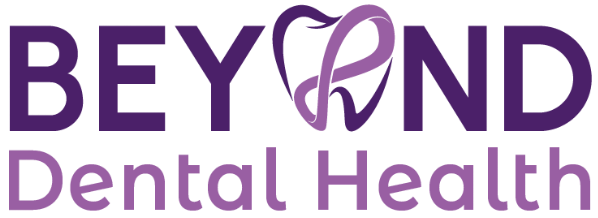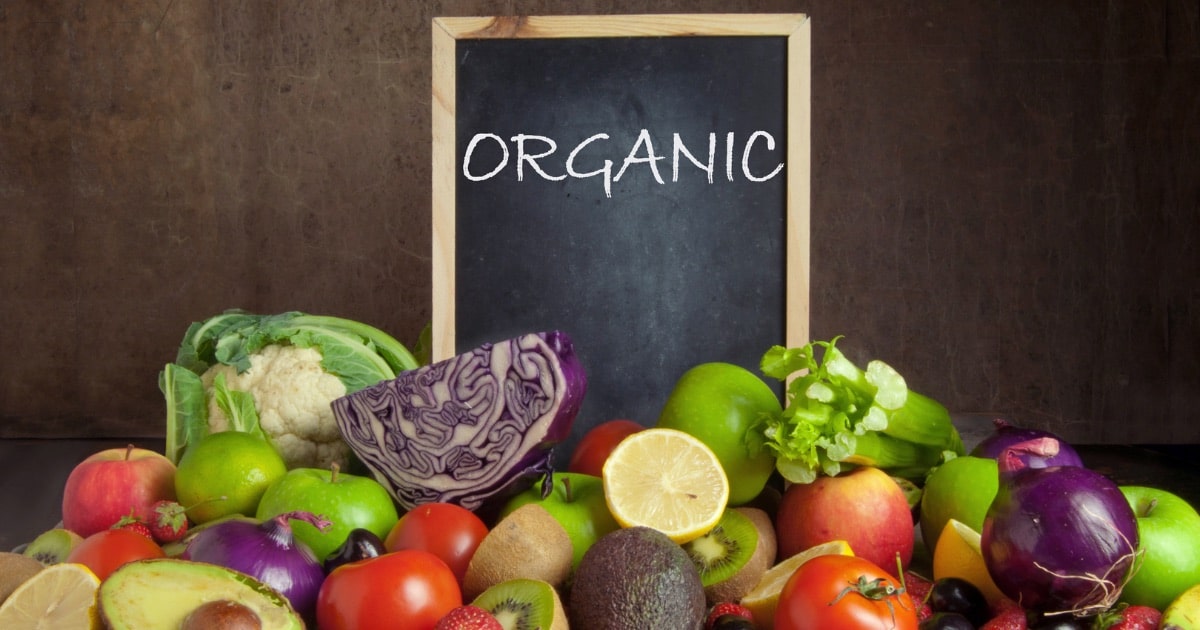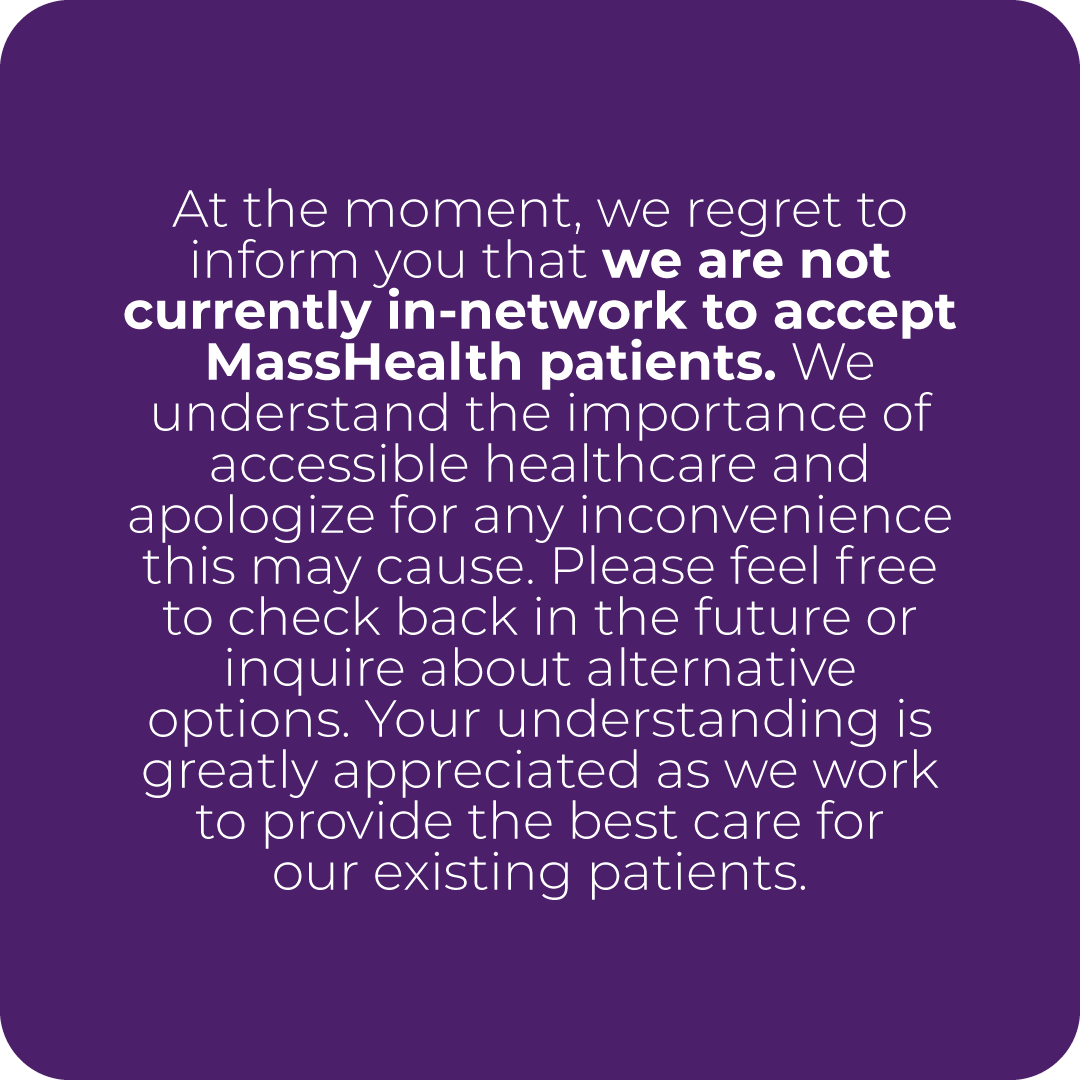Reducing Exposure to Chemicals
One of the key benefits of choosing organic food is the reduction in exposure to synthetic chemicals commonly found in non-organic food. Non-organic produce may contain residues of pesticides, herbicides, and other chemicals used in conventional farming practices. These chemicals can potentially have adverse effects on oral health, such as inflammation, irritation, and sensitivity of the gums and oral tissues.
Nutritional Content for Strong Teeth and Gums
Maintaining a nutrient-rich diet is essential for optimal oral health. Both organic and non-organic foods can provide necessary nutrients, but the quality and quantity may differ. Organic food is often associated with higher levels of certain nutrients, such as vitamins, minerals, and antioxidants. These nutrients play a vital role in supporting a healthy lifestyle along with healthy teeth and gums, promoting strong enamel, and reducing the risk of gum disease.
Sugar and Oral Health
We all know sugar is bad for your teeth and overall oral health. Sugar can contribute to tooth decay and cavities. Both organic and non-organic food can contain sugars, including natural sugars found in fruits and added sugars in processed foods. Organic food choices, such as fresh fruits and vegetables, can be an excellent option for satisfying sweet cravings while providing essential nutrients and fiber. However, it’s important to note that organic or not, excessive consumption of sugary foods and beverages can harm oral health.
Processed Foods and Oral Health
Processed foods, whether organic or non-organic, often contain added sugars, artificial preservatives, and other additives that can negatively impact oral health. These foods tend to be high in refined carbohydrates and can promote the growth of harmful oral bacteria, leading to tooth decay and gum disease. It’s important to minimize the consumption of processed foods and focus on whole, unprocessed options for better oral health.
The Role of Organic Meat and Dairy
When it comes to organic meat and dairy products, the primary difference lies in the production methods. Organic meat and dairy come from animals raised without the use of antibiotics or growth hormones. These additives, commonly found in non-organic meat and dairy, can potentially disrupt the balance of oral bacteria, and contribute to oral health issues. Choosing organic meat and dairy products may reduce the risk of these additives negatively affecting your oral health.
Overall Diet Quality and Oral Health
It’s important to note that oral health is influenced by the overall quality of your diet rather than the organic status of individual food items. A well-balanced diet that includes a variety of fruits, vegetables, whole grains, lean proteins, and dairy products, whether organic or non-organic, can support oral health. Practicing good oral hygiene, such as regular brushing, flossing, and dental check-ups, is essential to maintaining a healthy smile.
Making Informed Choices
When it comes to organic vs. non-organic food for your oral health, it’s necessary to consider various factors. Choosing organic options can reduce exposure to synthetic chemicals commonly found in non-organic produce. Additionally, organic food may offer higher levels of beneficial nutrients that support strong teeth and gums. The overall quality of your diet, including the reduction of processed foods and sugars, plays a vital role in maintaining good oral health.
It’s important to remember that individual dietary needs and preferences vary. If you have specific concerns or dietary restrictions, it’s best to consult with a healthcare professional or nutritionist who can provide personalized advice tailored to your oral health needs.
By making informed choices and maintaining a well-balanced diet that supports oral health, you can enjoy a healthy smile and overall well-being. For more information about a healthy smile and lifestyle visit our nutrition page.
Contact us today to schedule your preventive care visit: 781.650.2200 or find us on social media:






